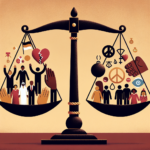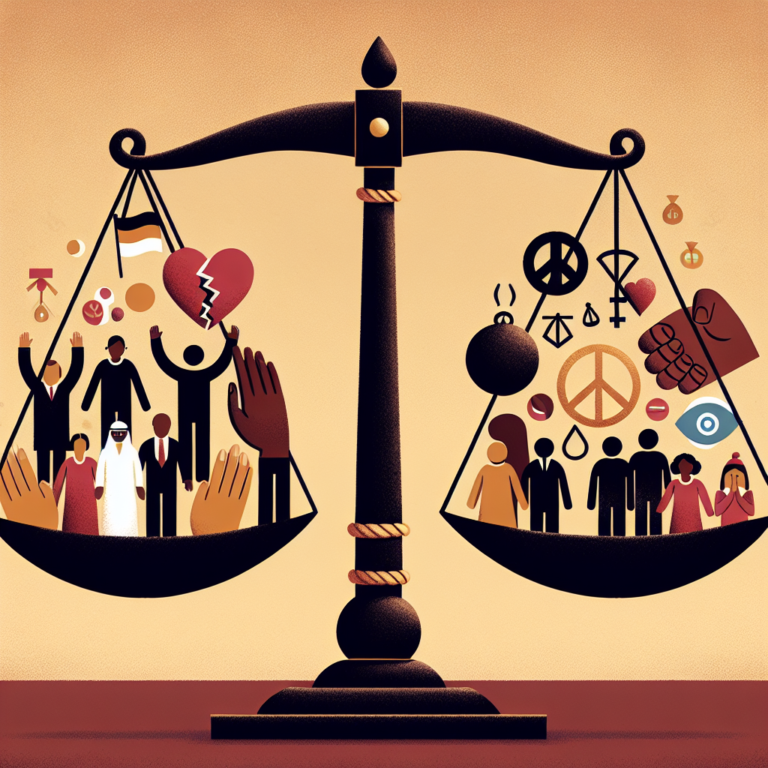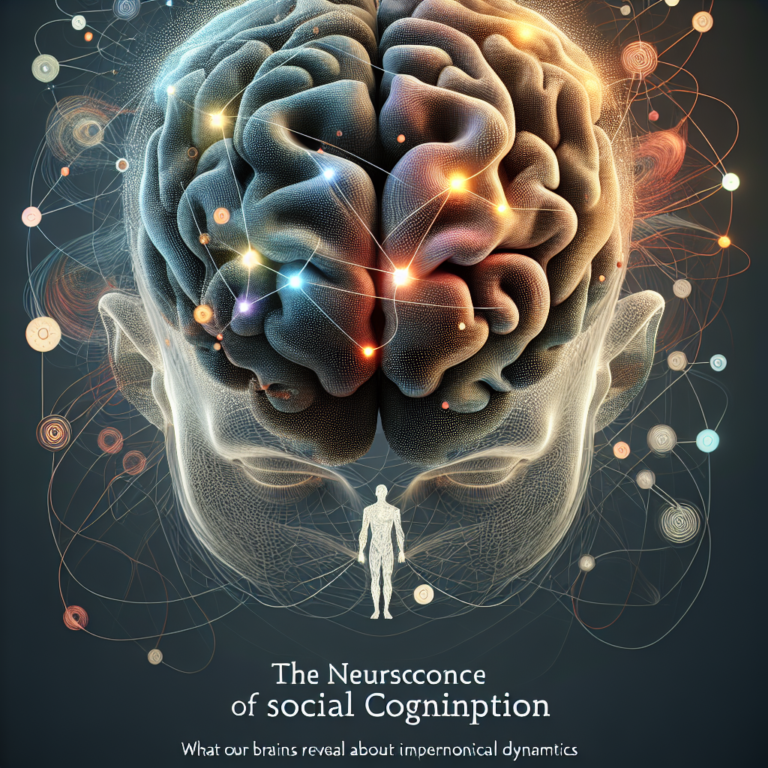
Introduction
In today’s fast-paced world, relationships can often feel like a delicate balance, constantly swaying between love and conflict. Among the myriad factors threatening our connections, the impact of aggression on relationships stands out as a pivotal concern. Whether it’s a subtle snide remark or an explosive argument, aggression manifests in many forms, profoundly affecting the emotional landscape of our partnerships. Understanding this impact not only helps us navigate our relationships more healthily but also empowers us to break unhealthy cycles.
By exploring the ways aggression infiltrates relationships, we can illuminate paths to healing and joy. This article dives deep into the psychological underpinnings of aggressive behaviors, their effects on interpersonal dynamics, and essential strategies for fostering healthier interactions.
Understanding Aggression: What It Is and Isn’t
Defining Aggression
Aggression is often misunderstood. At its core, it refers to behaviors aimed at inflicting harm or causing damage, whether physical, verbal, or emotional. It’s crucial to differentiate between aggressive behavior and assertive communication. Aggression often stems from underlying pain, fear, or insecurity, whereas assertiveness conveys a clear perspective without the intent to harm.
Types of Aggression
Aggression can be classified into several types:
- Physical Aggression: Approaches to harm physically, including hitting or damaging property.
- Verbal Aggression: Includes yelling, insults, or belittling remarks.
- Passive Aggression: Characterized by indirect resistance, such as sarcasm or backhanded compliments.
Understanding these types is essential for recognizing where issues may arise in our relationships.
The Ripple Effects of Aggression on Relationships
Emotional Deterioration
Aggression can erode trust and create an emotional fallout between partners. Continuous exposure to aggressive behavior can instill fear, leading to withdrawal and avoidance. A study by the Journal of Marriage and Family found that couples exposed to frequent aggression reported higher levels of anxiety and lower relationship satisfaction.
Trust Erosion
Trust is foundational. When aggression is present, it shatters the core of any relationship. Partners begin to question the other’s intentions, leading to a downward spiral of suspicion and resentment.
Case Study Analysis
Case Study: Emily and Jake
Emily and Jake were a couple whose relationship began with intense passion but gradually fell into a cycle of verbal aggression. Their petty arguments escalated into hurtful exchanges, and trust eroded rapidly. As a result, Jake often withdrew, leaving Emily feeling isolated.
Analysis: This case highlights how a single aggressive cycle can lead to severe emotional strife and relationship breakdown. Recognizing aggressive patterns early on could have provided them with tools to communicate effectively and assertively, therefore breaking the cycle.
The Psychological Underpinnings of Aggression
The Role of Stress
Stress is a significant contributor to aggressive behavior. When life challenges become too overwhelming, individuals may lash out at those closest to them. Understanding this link can help identify triggers and address them proactively.
Attachment Styles
Attachment theory posits that our early relationships with caregivers shape our adult behavior. Those with insecure attachment styles may be more prone to aggressive responses in intimate relationships.
Case Study Analysis
Case Study: Sarah and Mark
Sarah grew up in a tumultuous environment where aggression was commonplace. As an adult, she found herself mirroring these behaviors in her relationship with Mark. Tired of constant fighting, Mark sought to learn about attachment styles, which led them to identify Sarah’s triggers and seek therapy.
Analysis: This case emphasizes the importance of understanding one’s background and triggers can create a positive shift in relationships.
Breaking the Cycle: Strategies for Healthier Relationships
Active Listening
Active listening means fully focusing on the speaker, understanding their message, and responding thoughtfully. This strategy can reduce misunderstandings, which are often at the root of aggressive outbursts.
Open Communication
Communicating openly about feelings and desires invites vulnerability and trust. Both partners must feel safe expressing their needs without fear of judgment or aggression.
Seek Professional Help
Sometimes, breaking the cycle requires the expertise of therapists or counselors. Professional guidance can offer insights and coping mechanisms that hinder aggressive tendencies.
Fostering Empathy and Compassion
Cultivating Empathy
Promoting empathy within relationships can combat aggression. When partners strive to understand each other’s perspectives, they’re less likely to react impulsively or aggressively.
Practicing Forgiveness
Forgiveness is a powerful tool for dismantling the lingering impacts of aggressive incidents. Recognizing that no one is perfect allows for healing and growth.
Conclusion: Choosing to Break Free
The impact of aggression on relationships is profound and far-reaching. However, the encouraging news is that we have agency over our behaviors. By being mindful of aggressive tendencies, fostering open communication, and nurturing empathy, we can transform our relationships and break destructive cycles. Each positive step contributes to a healthier, happier partnership.
Ultimately, the goal is to replace cycles of aggression with cycles of trust and support. Take the first step today!
FAQs
1. What Are Common Signs of Aggression in a Relationship?
Aggressive behaviors can manifest as shouting, insults, prolonged silence, or blocking communication. Recognizing these signs early is key to addressing them.
2. How Can I Communicate My Feelings Without Being Aggressive?
Use “I” statements. Instead of saying “You make me feel…” try, “I feel hurt when…”. This shifts the focus onto your feelings rather than placing blame.
3. What If My Partner Is Unwilling to Change Their Aggressive Behavior?
If you find yourself in this situation, professional counseling may be beneficial. If aggression persists and makes you uncomfortable, reconsidering the relationship might be necessary.
4. Can Aggression Be Completely Eliminated from Relationships?
While it may not be possible to eliminate all forms of aggression, recognizing and managing triggers can substantially reduce its occurrence.
5. How Long Does It Take to Break the Cycle of Aggression?
Breaking the cycle depends on various factors, including the commitment to change from both partners. However, noticeable changes can often occur within a few months of focused efforts.
By examining the impact of aggression on relationships, we can understand the urgency of breaking the cycle. Relationships thrive on reciprocity, and when we foster positivity, we pave the way for deeper, more fulfilling connections. Choose to engage in kindness, both for yourself and your partner, and watch your relationship blossom.















